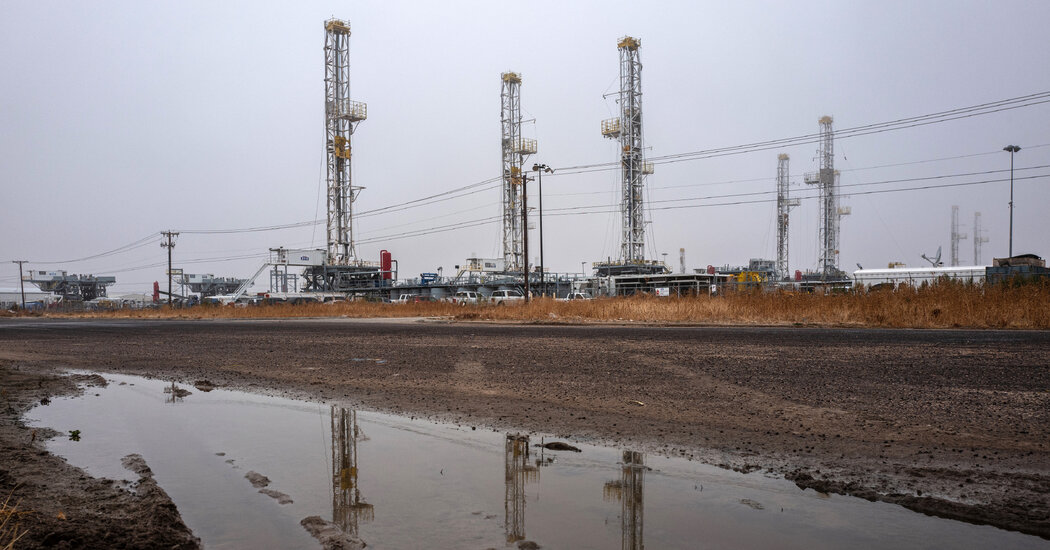
Fifteen states sued the Trump administration over its declaration of an “energy emergency,” arguing that there is no emergency and that the order instructs regulators to illegally bypass reviews of fossil fuel projects, potentially damaging the environment.
The president’s Jan. 20 executive order, “Declaring a National Energy Emergency,” directed federal agencies to speed up energy projects like drilling for oil and natural gas and mining for coal, although it excluded wind and solar energy. It stated that energy production was not meeting the nation’s needs, even though U.S. production has been at record highs.
The Friday lawsuitfiled in federal court for the Western District of Washington State, argued that President Trump’s declaration meant that reviews required by environmental laws like the Clean Water Act, the Endangered Species Act and the Historic National Preservation Act were being shortened or skipped.
Traditionally, the lawsuit said, emergency procedures were employed only in the aftermath of major disasters. “But now, prodded onto the shakiest of limbs by the President’s unsupported and unlawful executive order, multiple federal agencies now seek to broadly employ these emergency procedures in nonemergency situations,” the complaint said.
The suit asked the court to declare the directive illegal and to stop agencies from issuing expedited permits under the order. It was filed by the attorneys general of Washington, California, Arizona, Connecticut, Illinois, Massachusetts, Maine, Maryland, Michigan, Minnesota, New Jersey, Oregon, Rhode Island, Vermont and Wisconsin, all of whom are Democrats.
“The president’s attempt to bypass important environmental protections is illegal and would cause immense harm to Washingtonians,” Attorney General Nick Brown of Washington said. “This won’t lower prices, increase our energy supply, or make our country safer.”
A spokeswoman for Mr. Trump, Taylor Rogers, said that the president alone “has the authority to determine what is a national emergency, not state attorneys or the courts.” She said Mr. Trump “recognizes that unleashing American energy is crucial to both our economic and national security.”
In addition to Mr. Trump, the lawsuit names Army Secretary Daniel Driscoll and the heads of the Army Corps of Engineers and a federal agency called the Advisory Council on Historic Preservation.
An Army spokesman declined to comment. A spokeswoman for the Advisory Council on Historic Preservation did not immediately respond to requests for comment.
The lawsuit said that invoking emergency powers was reserved “for actual emergencies — not changes in presidential policy,” and that the changes would result in harm to the states’ interests, including clean drinking water, wildlife habitats and historic and cultural resources.



